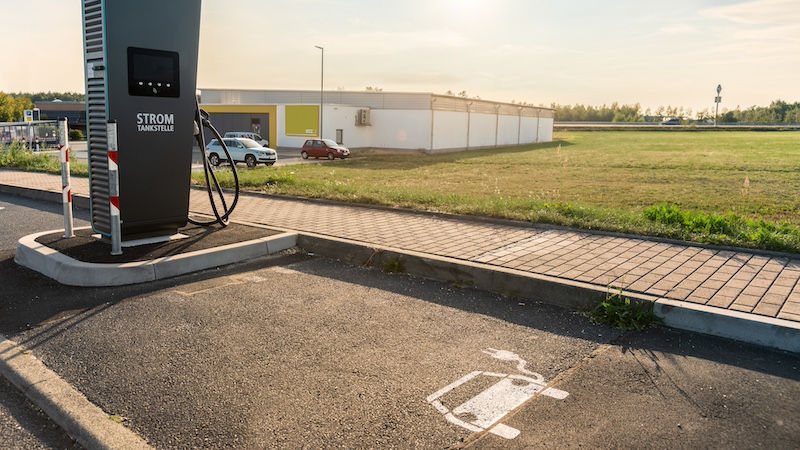The electrification of the industry is making great strides. However, although the number of e-cars sold has risen sharply in recent years, the automotive association Acea is concerned. This is because there are not enough charging stations for the many e-cars.
Electric cars are becoming increasingly popular and are no longer a rarity on German roads. In 2023 alone, 524.200 new electric cars were registered in Germany.
According to the automotive association Acea, sales of electric cars in the EU have increased more than sixfold since 2017. Nevertheless, there is cause for concern, as the number of charging points for electric cars has increased significantly more slowly over the same period. Accordingly, sales of e-cars have grown three times faster than the network of charging points.
Too many electric cars for too few charging points
The European Commission is calling for the installation of 3.5 million charging points for electric cars by 2030. This is the only way to achieve the proposed CO2 reduction of 55 percent for cars.
So far, however, the EU is not on the right track, as the automotive association Acea criticizes. At the end of 2023, the number of charging points for electric cars in the EU was just 632.423 public charging points.
Only 153.000 new public charging points were connected to the grid in 2023. However, in order to meet the EU Commission’s requirement, more than 400.000 charging points would have to be installed every year – that’s almost 8.000 per week.
The association, however, assumes that these figures will not be enough. Acea estimates that there will be a need for 8.8 million charging points in the EU by 2030. This would mean that 1.4 million charging points would have to be added every year.
Some countries are setting a good example
The distribution of charging stations within the EU is not even. Some countries are leading the way and investing heavily in the expansion of the charging network.
These include the Netherlands, France and Germany. At 61 percent, almost two thirds of all charging stations in the EU are located here. The remaining 39 percent of charging stations are spread across the other 24 member states.
This is particularly problematic as the Netherlands, France and Germany only account for around 20 percent of the EU’s surface area. The remaining member states cover almost 80 percent of the total area with their 39 percent of all charging stations.
Sales of e-cars correlate with the number of charging stations
The automotive association Acea also points out that there is a correlation between the sale of e-cars and the availability of public charging stations. This is because the five countries with the highest sales figures also have the most charging stations. In addition to Germany, France and the Netherlands, this also includes Italy.
Acea is therefore calling on all EU governments to increase investment in charging infrastructure. The Alternative Fuels Infrastructure Regulation (AFIR) must be implemented quickly.










